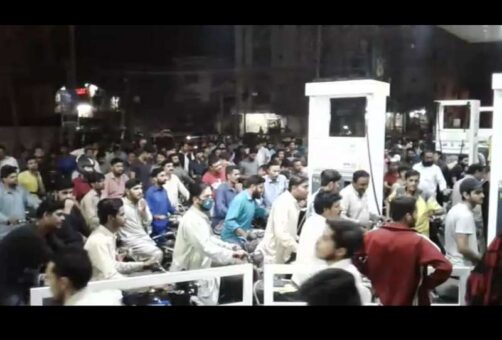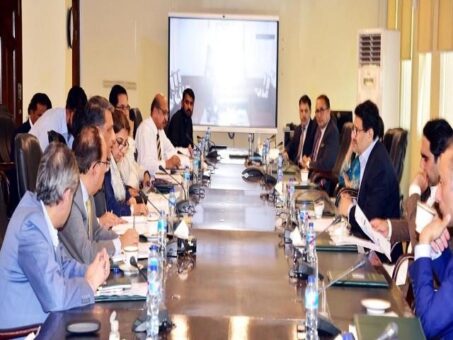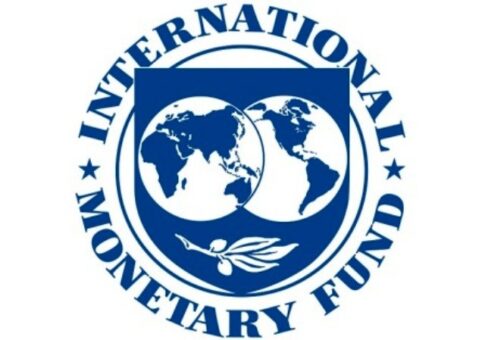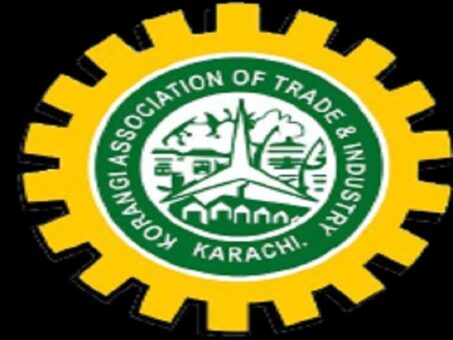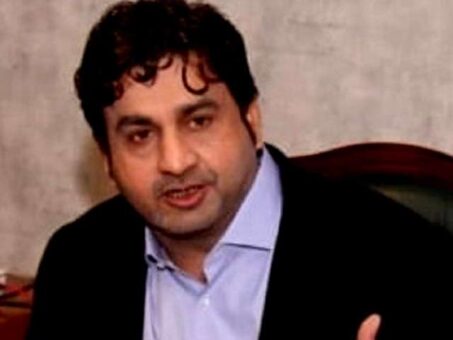ISLAMABAD: The coalition government led by PML-N has decided to continue the subsidy on prices of petroleum products in order to prevent people from high prices.
Finance Minister Miftah Ismail on Sunday May 15, 2022 announced to maintain the prices of petroleum products at the same level, which were announced by the previous PTI government.
READ MORE: Pakistan cuts petroleum prices amid Russia-Ukraine War
On February 28, 2022, former Prime Minister Imran Khan announced reduction in prices of petroleum products and freeze the prices till June 30, 2022. This decision came with announce of multi-billion rupees subsidy to keep the fuel prices lower.
This decision was strongly criticized by the legislators, who are now sitting on the treasury benches. The present government despite strong opposition to the decision to grant of subsidy on the petroleum prices, has no option but to keep the prices unchanged during its tenure of more than a month.
READ MORE: New government keeps petroleum prices unchanged
According to the statement the new prices of the petroleum products effective from March 01, 2022 are:
The price of petrol slashed by Rs10 to Rs149.86 per liter from Rs159.86.
The rate of high speed diesel has been reduced by Rs10 to Rs144.15 per liter from Rs154.15.
The price of kerosene oil has been brought down by Re1 to Rs125.56 per liter from Rs126.56.
Similarly, the rate of light diesel oil has been slashed by Rs5.66 to Rs118.31 per liter from Rs123.97.
Miftah Ismail on Sunday said despite increasing prices of petroleum products Prime Minister Shehbaz Sharif had decided not to transfer the burden of price hike on masses.
The decision has been taken at a time when the government is going to discuss loan program under Extended Fund Facility (EFF) with the International Monetary Fund (IMF). Under this program, the government has already agreed to raise the prices of petroleum products by removing subsidies.
READ MORE: Pakistan surrenders to IMF, agrees to remove subsidies
The IMF issued the following statement on April 24, 2022:
“We had very productive meetings with the Finance Minister of Pakistan Miftah Ismail over Pakistan’s economic developments and policies under the Extended Fund Facility (EFF) program.
“We agreed that prompt action is needed to reverse the unfunded subsidies which have slowed discussions for the 7th review.
“Based on the constructive discussions with the authorities in Washington, the IMF expects to field a mission to Pakistan in May to resume discussions over policies for completing the 7th EFF review.
“The authorities have also requested the IMF to extend the EFF arrangement through June 2023 as a signal of their commitment to address existing challenges and achieve the program objectives.”
READ MORE: Pakistan raises petrol price to record high at Rs160/liter
Miftah Ismail in its latest statement said: “PTI government has destroyed economy of the country.”
The Minister said agriculture sector was badly ignored and resultantly Pakistan imported wheat worth of six hundred million dollars last year. He said this year wheat worth of $1.5 billion will have to be imported.
Miftah Ismail said prices of flour soared up from 35 rupees per kg to 80 rupees per kg in last four years.
Talking about sugar price, Miftah Ismail said that government is providing cheap sugar and it has directed to further decrease the price of commodity. He also said the government will not import sugar this year.
